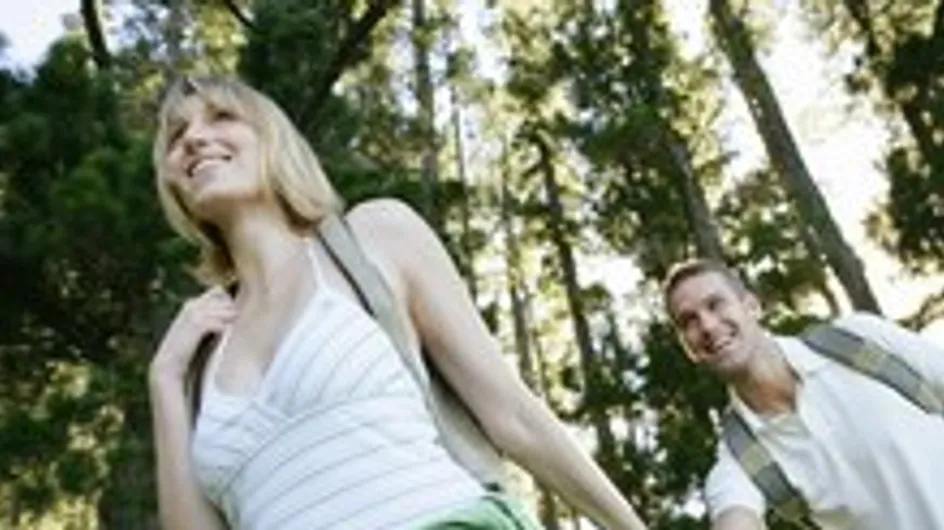Year after year, walking is becoming ever more popular, with the Lake District and other mountainous areas of the UK becoming increasingly crowded on fine weekends!
Walking for sport
We walk everywhere, to get around, to work, take the dog out, etc etc, but walking is a separate sport in its own right and not just a means of getting from A to B.
- First of all, you plan a route among the thousands of footpaths, routes and permissable land (a useful website is www.walking-routes.co.uk).
- It's essential to choose a walk for your level, taking the distance, incline, terrain, orienteering and weather conditions into account.
The benefits
The benefits of walking are numerous, whatever your level. Walking is:
-Accessible to all. Young or old, sporty or inactive, anyone can take up walking as long as they do it at the right level.
-Sociable. Because anyone can do it and there's no competitive aspect (unless you get into walking competitions, naturally), walking is enjoyed by large groups in a good atmosphere.
-Anti-depressive. When you go out for a hike, you can amble, enjoy being out in the natural world, and oxygenate your body. And you also release happy endorphins that give you a feeling of wellbeing as you walk...
-Excellent for health. Walking works your cardiovascular and respiratory systems as well as your bones and joints, and has a low injury risk. It increases muscle mass, slows down the loss of bone mineral density, improves lung capacity and heart function.
-Slimming. Even if the physical exertion of walking isn't very intense, it is sustained over several hours. So not only do you burn calories (300-800 kcal per hour, varying according to speed and incline), but after around 45 minutes you start burning your fat reserves.
Equipment
To reduce the risk of injury, equip yourself with:
-Walking shoes or walking boots. These are essential. They should give you good grip, ankle support, damp protection, shock absorption and comfort.
-Breathable and protective clothes. Walkers are at the tender mercies of the rain, heat, wind and all the weather conditions possible, so wear clothes that protect from the elements and draw sweat away.
-A proper rucksack. Make sure your pack is big enough (in volume) for your needs: 30-40 litres for a day hike and 50-70 litres for a few days. Make sure the weight is distributed evenly as much as possible.
-Other accessories: a water bottle, compass, GPS, sunglasses and walking poles.
More information
You can enjoy walking:
-Independently, whether you're going out for a day or longer. To find out more about routes, get hold of a decent map of the area, a book or guide. The Internet also has a lot of information for walkers too!
-With a club. Hillwalking or mountaineering clubs organise regular group hikes.
-Through a special tour operator. Walking holidays with a guide or just a map can be a great way to discover a new area of the UK or another country.
For more information, the following websites may be useful:
Hillwalking UK www.hillwalking.org.uk
The British Mountaineering Council www.thebmc.co.uk
Walking Routes www.walking-routes.co.uk













